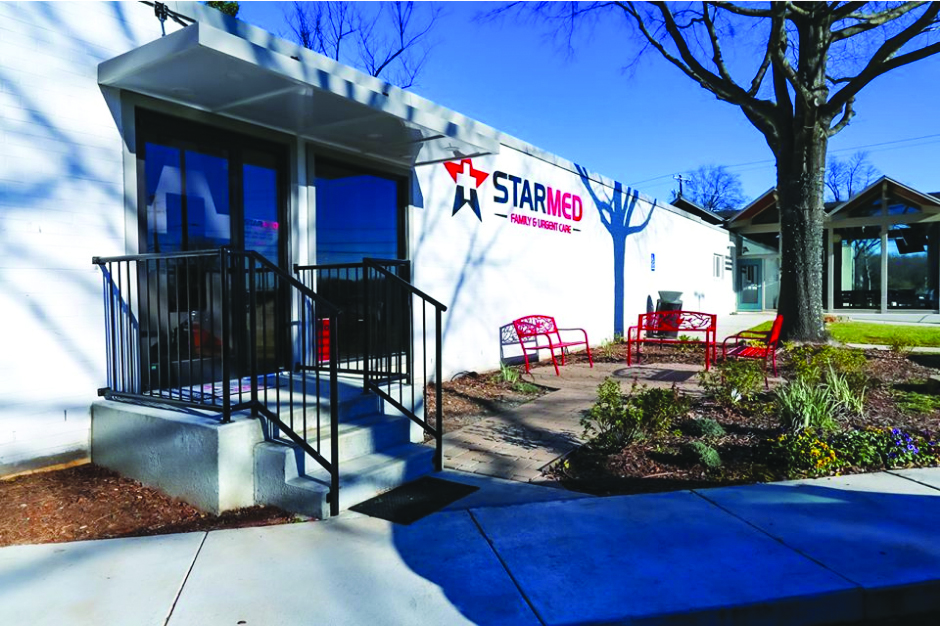
StarMed Healthcare, in response to the growing number of monkeypox cases throughout the U.S., is offering testing and treatment for the virus.
As of August 18, the Centers For Disease Control and Prevention (CDC) reported 14,115 cases of monkeypox in the U.S., including 188 in North Carolina.
Here’s the process for patients to be tested at a StarMed clinic:
- Patients must first schedule an appointment on our website for a telehealth visit with a qualified provider. The StarMed provider will determine eligibility for testing and/or treatment.
- If the patient meets the criteria, they can receive testing inside StarMed’s two Charlotte clinics – 4001 Tuckaseegee Road and 5344 Central Avenue.
- If the patient meets the criteria for treatment, prescriptions can be ordered by a StarMed provider and picked up at our clinic at 4001 Tuckaseegee Road. The treatment could include the drug tecovirimat (also called “TPOXX’).
How Does Monkeypox Spread?
Monkeypox can spread to anyone through close, personal, often skin-to-skin contact, including:
- Direct contact with monkeypox rash, scabs, or body fluids from a person with monkeypox.
- Touching objects, fabrics (clothing, bedding, or towels), and surfaces that have been used by someone with monkeypox.
- Contact with respiratory secretions.
This direct contact can happen during intimate contact, including:
- Oral, anal, and vaginal sex or touching the genitals (penis, testicles, labia, and vagina) or anus (butthole) of a person with monkeypox.
- Hugging, massage, and kissing.
- Prolonged face-to-face contact.
- Touching fabrics and objects during sex that were used by a person with monkeypox and that have not been disinfected, such as bedding, towels, fetish gear, and sex toys.
What Does Monkeypox Look Like?
Monkeypox symptoms are similar to smallpox symptoms, but milder. Monkeypox is rarely fatal, and it’s not related to chickenpox. Symptoms of monkeypox can include:
- A rash that can look like pimples or blisters that appears on the face, inside the mouth, and on other parts of the body, like the hands, feet, chest, genitals, or anus.
- Fever
- Headache
- Muscle aches and backache
- Swollen lymph nodes
- Chills
- Exhaustion
The rash goes through different stages before healing completely. This process can take several weeks. Sometimes, people get a rash first, followed by other symptoms. Others only experience a rash.
How Can I Protect Myself?
At this time, data suggest that gay, bisexual, and other men who have had sex with men make up the majority of cases in the current monkeypox outbreak. However, anyone, regardless of sexual orientation or gender identity, who has been in close, personal contact with someone who has monkeypox is at risk.
- Do not touch the rash or scabs of a person with monkeypox.
- Do not kiss, hug, cuddle or have sex with someone with monkeypox.
- Do not share eating utensils or cups with a person with monkeypox.
- Do not handle or touch the bedding, towels, or clothing of a person with monkeypox.
- Wash your hands often with soap and water or use an alcohol-based hand sanitizer, especially before eating or touching your face and after you use the bathroom.
If you think you have monkeypox (or any virus), contact StarMed Healthcare for your urgent care and family care needs.
